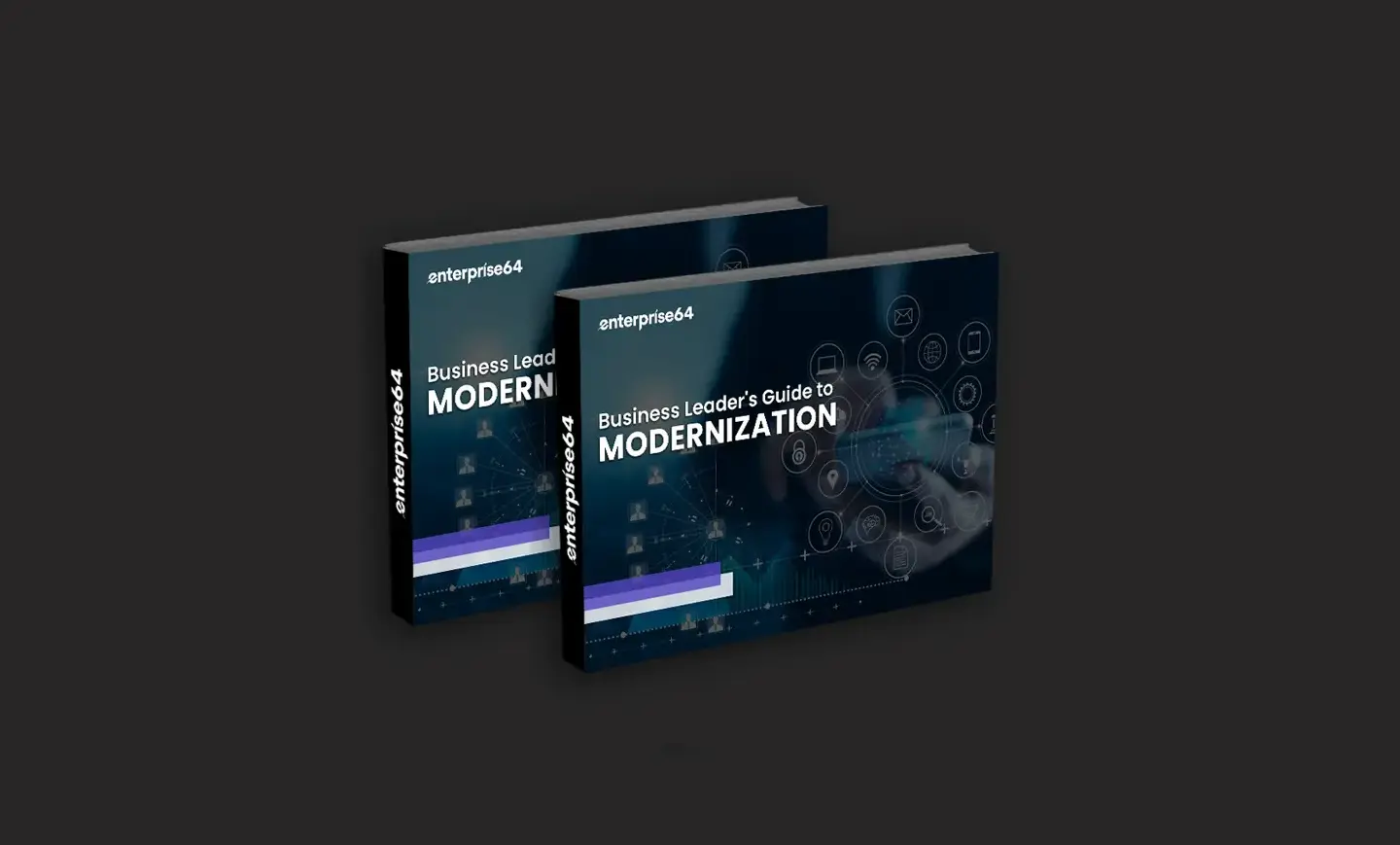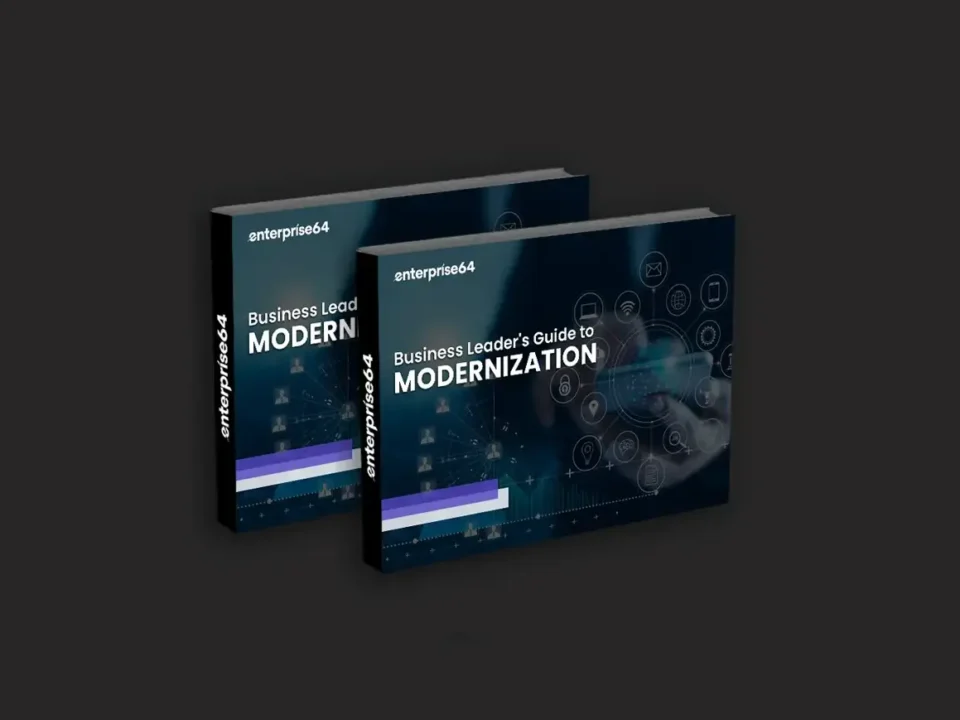With almost 30% of Salesforce customers coming from the professional services industry, businesses in the technology sector increasingly rely on Salesforce for their CRM solutions.
Businesses choose Salesforce Marketing Cloud implementation for data security, reporting, personalization, automation, loyalty management, and more.
However, certain best practices govern these benefits for organizations wanting to build lasting relationships that drive growth.
Salesforce Marketing Cloud Implementation
To maximize the potential of Salesforce Marketing Cloud, businesses must adopt the following practices to acquire a holistic view of their marketing, sales, and support.
Define clear objectives and goals
A successful Salesforce Marketing Cloud implementation starts with well-defined objectives for your marketing team.
Identify the primary goals the platform will help you achieve, such as improving customer engagement, increasing conversions, or streamlining multi-channel campaigns.
For example, if you focus on customer retention, you might prioritize campaigns that include re-engagement strategies or personalized offers for existing customers.
Organize and clean your data
Data is the backbone of any CRM and analytics and is critical for effective personalization and automation.
Start with a thorough data audit to remove duplicates, outdated information, and inaccuracies.
Organize data into meaningful segments based on customer behavior, demographics, and preferences. Well-structured data will ensure that your analytics and automation tools operate optimally.
Build multi-channel customer journeys
The platform’s Journey Builder allows marketers to design automated, multi-channel customer journeys catered to specific touchpoints in the buying process.
These journeys can incorporate email, SMS, social media, and mobile notifications, creating a comprehensive customer experience.
For example, a customer journey could start with a welcome email, followed by product recommendations on social media, and end with a personalized SMS or email offer.
Such thoughtful designs boost engagement from new customers and loyalty from repeat customers.
Leverage automation and AI
Automation is one of the primary features of Salesforce Marketing Cloud implementation. It streamlines repetitive tasks and delivers timely communications.
Automation Studio allows you to automate activities like welcome emails, lead nurturing, or post-purchase follow-ups. Hence, it gives you ample time to focus on critical tasks requiring human input.
Moreover, AI-powered tools, like Einstein, further enhance efficiency by providing predictive insights. For instance, Einstein can recommend optimal sending times or recommendations content based on customer behavior, ensuring your messages resonate with the audience’s needs.
Personalize Interactions and dynamic content
Customers love personalized interactions with brands. Use dynamic content and predictive intelligence to deliver tailored messages across channels.
Tools like Data Studio and Audience Studio can segment your customers and personalize messages based on their preferences, behavior, and purchase history.
For example, personalized product recommendations or targeted offers in emails can significantly build genuine connections with your audience and increase conversions.
Integrate with other Salesforce products
Salesforce Marketing Cloud utilizes its full potential when integrated with other Salesforce products, like Sales Cloud or Service Cloud.
The integration generates a unified customer view, ensuring consistent messaging across departments and relevant stakeholders.
Furthermore, Marketing Cloud Connect can automate marketing activities based on real-time CRM data, enabling more informed and impactful interactions.
Optimize email campaigns
The Email Studio and Dynamic Content Blocks features enable marketers to design, test, and deploy engaging email campaigns.
You can use A/B testing to improve subject lines, calls to action, or visuals for the best impact.
For instance, well-thought-out and personalized subject lines can improve open rates, while dynamic content ensures emails relate to the needs or pain points of the individual recipients.
Handpicked content: Top 5 Salesforce Marketing Cloud Features for Your Business
Adhere to compliance and data security laws
Adhering to data privacy regulations like GDPR and CCPA goes without saying. SFMC provides features to manage permissions and secure data, ensuring compliance.
For example, you can leverage the platform’s features to manage customer consent and preferences under regulations like GDPR.
Use the Preference Center feature to allow customers to update their communication preferences and easily opt in or out of marketing campaigns.
Additionally, encrypt sensitive data and configure access permissions to ensure only authorized users can handle customer information without compromising compliance and trust.
Train your team
Business owners and marketing leadership must understand that Salesforce Marketing Cloud is a comprehensive platform with advanced features. And to leverage the platform to its fullest, you need to invest in training your team.
Salesforce offers plenty of training resources, and third-party providers also provide tailored programs.
A well-trained team will maximize the Marketing Cloud’s use cases for different aspects of your automation and marketing campaigns.
Monitor, measure, and improve
Utilize the platform’s robust analytics and reporting tools to track campaign performance.
Users can monitor key metrics like open rates, click-through rates, and conversions to identify what’s working and what’s not.
Third, A/B testing and real-time insights can be used to improve strategies and optimize future campaigns.
Continuous improvement ensures relevance and effectiveness for teams running dynamic marketing campaigns.
Plan for scalability and flexibility
The Salesforce Marketing Cloud’s purpose is to help you grow your business. However, it’s essential to plan for scalability from the initial stage.
Assess your setup regularly and adjust as your organization’s needs change. This flexibility ensures the tool remains valuable and justifiable, supporting your long-term marketing objectives.
Conclusion!
Salesforce Marketing Cloud offers a robust suite of tools to help businesses create personalized, multi-channel marketing experiences that drive growth and customer loyalty.
You can maximize the platform’s potential by following these best practices—defining clear goals, organizing data, leveraging automation, and continually optimizing campaigns.
With a strategic approach and a focus on scalability, the platform can become a significant asset for creating and delivering meaningful customer relationships and achieving long-term success.










